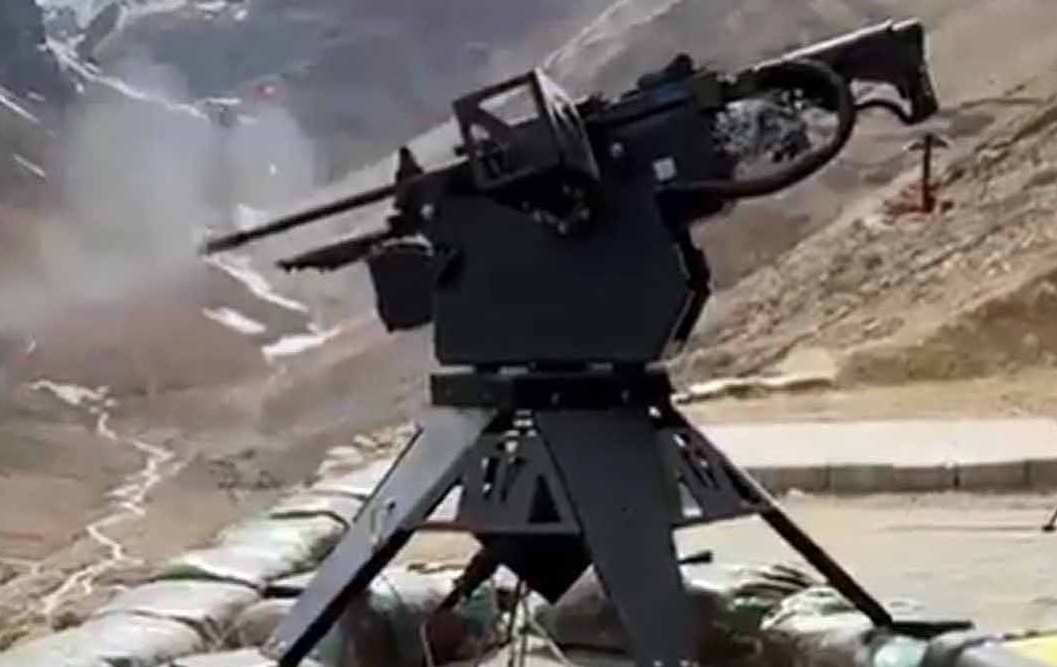Maharashtra Partners with Russia’s ROSATOM to Pioneer India’s First Thorium-Based Small Modular Reactor

In a landmark move that could shape the future of nuclear energy in India, the state of Maharashtra has signed a Memorandum of Understanding (MoU) with Russia’s state-owned ROSATOM to jointly explore the development of a thorium-based Small Modular Reactor (SMR). This agreement marks the first time a state government in India is formally entering the nuclear energy space, which until now has been solely under the jurisdiction of the central government's Department of Atomic Energy (DAE).
The MoU was signed in the presence of Maharashtra Chief Minister Devendra Fadnavis, between Maharashtra State Power Generation Company Ltd (MAHAGENCO) and ROSATOM. This collaboration is seen as a major step towards harnessing India’s vast thorium reserves and developing a safer, more sustainable form of nuclear energy.
The project, which will be strategically supported by the Maharashtra Institution for Transformation (MITRA), aims to develop a thorium-fueled SMR, ensure its safety as per Atomic Energy Regulatory Board (AERB) standards, and ultimately commercialize its production under the “Make in Maharashtra” initiative. A joint working group consisting of members from MAHAGENCO, Rosatom Energy Projects, MITRA, and Global Technology Alliance will steer the project forward.
While the agreement does not yet authorize the construction of the reactor, a senior official clarified that all future steps will only proceed with the approval of the central government and in compliance with all nuclear safety laws. The state’s role, for now, focuses on research, feasibility studies, and technological exploration.
Former Atomic Energy Commission chairman Anil Kakodkar welcomed the initiative, noting there’s no harm in conducting preliminary studies at the state level, even if the actual deployment will remain a central subject.
India has long envisioned a three-stage nuclear program where thorium plays a central role in the final phase. India is rich in thorium deposits, but thorium itself isn’t fissile, meaning it can't directly produce energy. It must first be converted into fissile uranium-233 through a process called nuclear transmutation.
Currently, India is in the second stage of its nuclear roadmap, using Fast Breeder Reactors (FBRs). These reactors breed more fuel than they consume and can potentially be modified to use thorium. The Prototype Fast Breeder Reactor (PFBR), being developed by Bharatiya Nabhikiya Vidyut Nigam Ltd (BHAVINI), uses uranium-plutonium mixed oxide (MOX) fuel. It has a surrounding blanket of uranium-238 that transforms into more fissile material, and eventually thorium blankets are also expected to be introduced, further pushing the country towards the third stage of the thorium-based cycle.
SMRs, especially those based on thorium, are increasingly being recognized for their potential to offer decentralized power generation with enhanced safety. Unlike traditional large reactors, SMRs have a smaller footprint, are easier to construct and maintain, and have passive safety systems that allow for automatic shutdowns in case of emergencies. These features make them particularly suitable for a country like India, where distributed energy solutions are essential for reaching remote areas.
If Maharashtra’s collaboration with ROSATOM bears fruit, it could significantly accelerate India’s long-term nuclear ambitions and create a new model for state-level innovation in nuclear energy, all while aligning with the national goal of sustainable, low-carbon growth. The project may also position India as a global leader in thorium reactor technology, an area where few countries have ventured due to the technical complexities involved.
While the road ahead remains long and technically challenging, the MoU represents a bold first step toward realizing the immense, yet untapped, potential of thorium energy in India’s future.
✍️ This article is written by the team of The Defense News.






